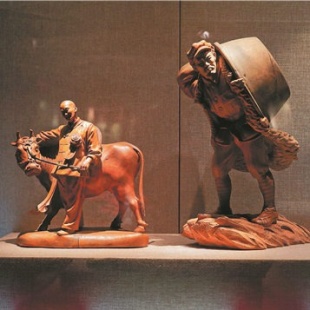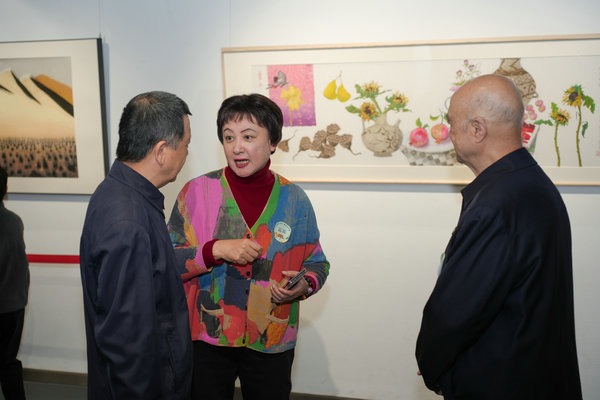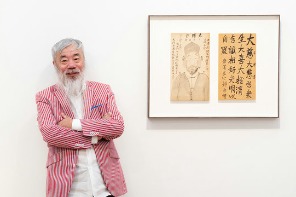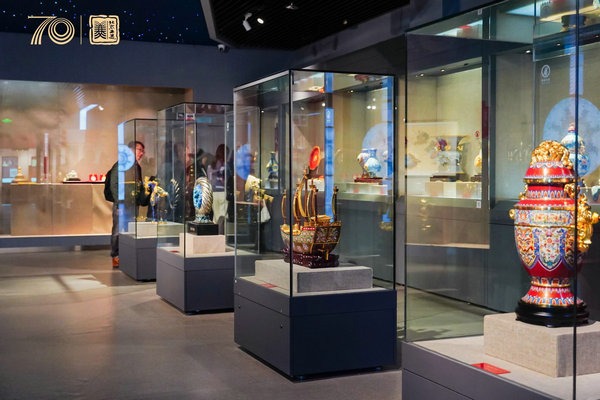Exhibition showcases progress

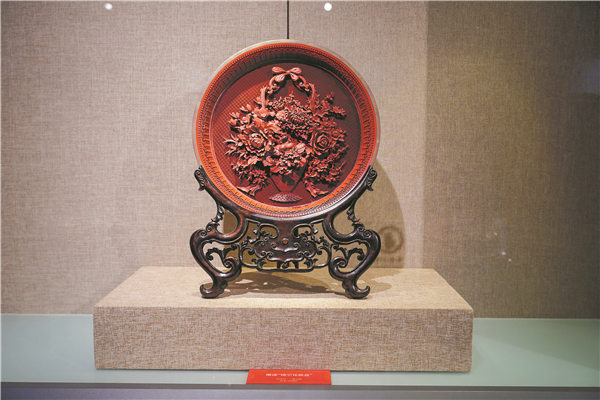
The top of the seal is adorned with an image of the Temple of Heaven, representing Beijing, while the four sides are engraved with interconnected Great Wall motifs, symbolizing China as a whole.
"The use of Hotan jade also carries multiple connotations," Wang says.
"For example, jade's smooth and warm qualities represent the Olympic spirit of peace and unity while its untainted clarity embodies nobility and integrity," she explains.
When the emblem was made public in 2003, the then International Olympic Committee president Jacques Rogge said the new emblem immediately conveys the awesome beauty and power of China embodied in its heritage and people.
"In this emblem, I saw the promise and potential of a new Beijing and a great Olympics. This is a milestone in the history of your Olympic quest," Rogge said.
At the exhibition launch ceremony, the book Chinese Craftsmanship Behind National Gifts was released, with the goal of having more people appreciate the charm of traditional crafts and intangible cultural heritage skills.
"We hope the exhibition and book will inspire people to engage in the protection, inheritance and innovation of traditional arts and crafts and intangible cultural heritage skills, allowing these arts to shine with greater brilliance," Wang says.
Tang Kemei, director of the experts committee of the China National Arts and Crafts Society, notes that many arts and crafts education and research institutes have been established over the past seven decades, laying a solid foundation for the continuous inheritance and innovation in the field.
Artworks developed by the Beijing Gongmei Group have made their way into more than 200 embassies worldwide.
"This effectively promotes our traditional arts and crafts," Tang says.
"The exceptional masterpieces (at the exhibition) that have come into being since the founding of the People's Republic of China will be a significant contribution to China's history and passed on to our descendants," she adds.


